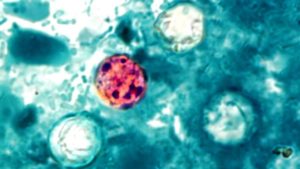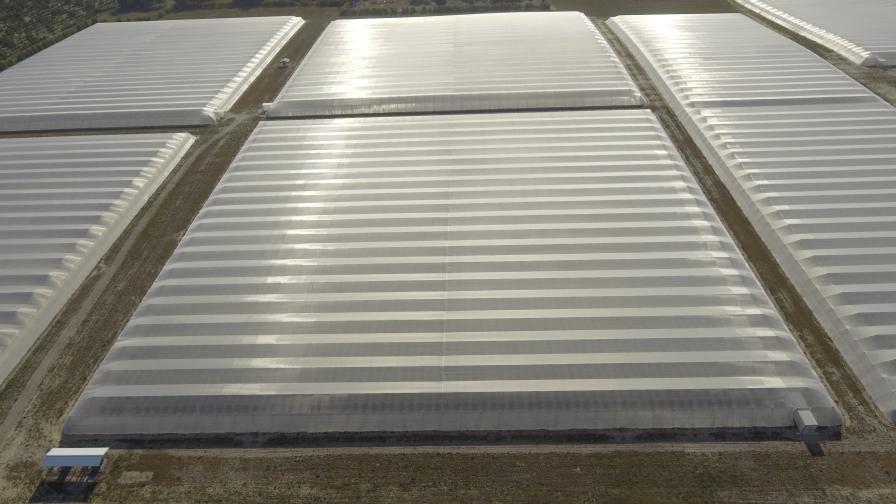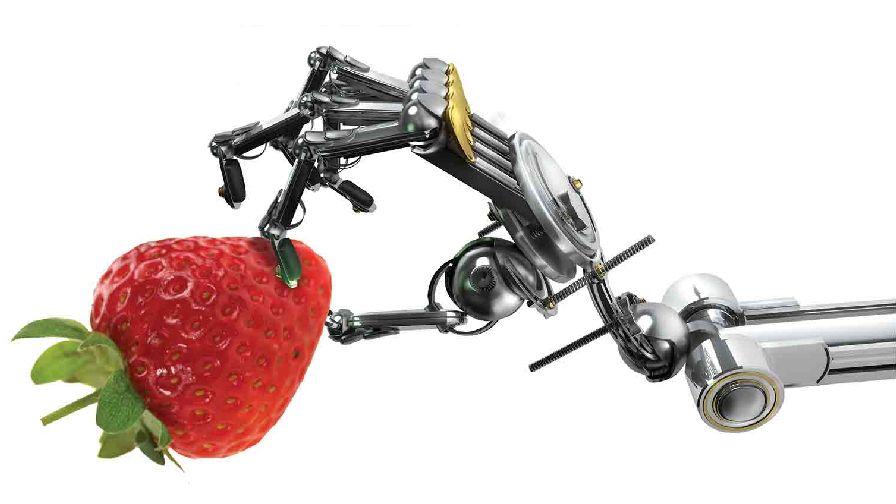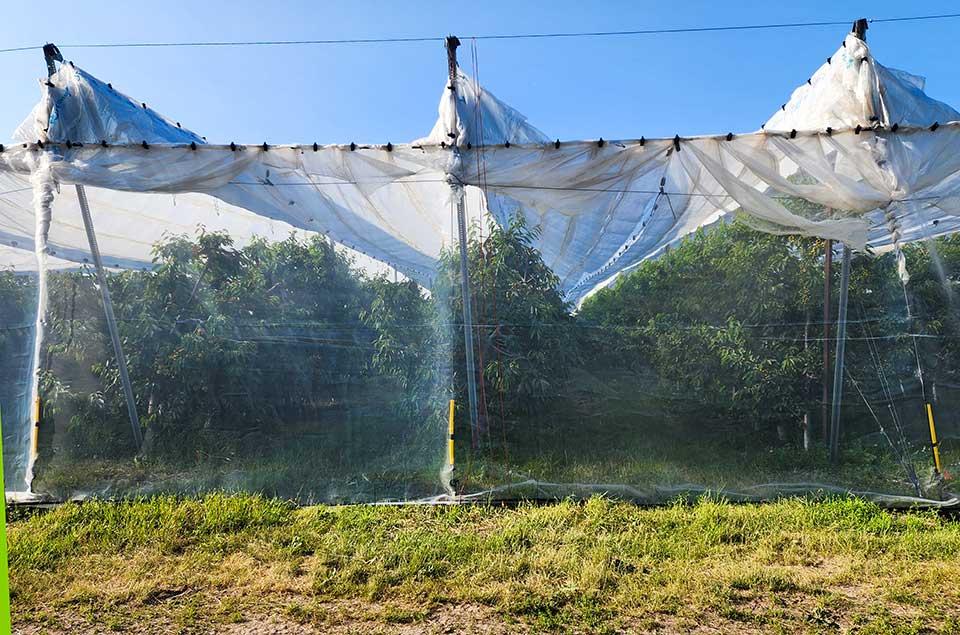Cyclospora: What We Know and Don’t Know

Four specimens of Cyclospora
A new parasite, Cyclospora, is affecting leafy green crops said Dr. Jennifer McEntire, Vice President of Food Safety and Technology at United Fresh Produce Association (UFPA), at her virtual lecture at the Southeast Regional Fruit & Vegetable Conference. Here is what she had to say about what we know and don’t know about the parasite.
Know: Cyclospora is a Parasite
Unlike salmonella and E. coli, Cyclospora is a parasite not a bacterium. This means things like antibacterial control cannot kill the parasite.
“Parasites, like Cyclospora, are hardier and more evolved than bacteria,” Dr. McEntire said. “They also require a host in order to reproduce successfully.”
Know: The Parasites’ Only Hosts Appears to be Humans
Cyclospora seems to grow in only human hosts. This has made studying the parasite in a laboratory difficult.
This revelation hints that contamination with human fecal matter is how the parasite finds its way onto crops.
“Specimens don’t grow outside the human body,” McEntire said. “These parasites can only be found in small numbers outside a human host.”
Don’t Know: How to Remove Cyclospora from Crops
Cyclospora, being a much more complex organism than your average bacterial strain, allows it to survive most chemicals used for cleaning facilities, especially toilets.
“As far as we know right now,” McEntire said. “It is believed that UV therapy, micro-filtration, and ozone may help reduce their numbers but more research is required.”
Don’t Know: How to Prevent the Spread of Cyclospora
Other than the standard procedures for keeping facilities clean, McEntire said that “there is nothing more we can recommend other than hand washing and keeping toilet facilities clean.”
UFPA is working with the FDA on how to prevent the spread in both indoor and field operations. In the meantime, here are McEntire’s current recommendations to prevent the spread include:
- Enforce Hand Washing Policy
- Keep Bathrooms Clean
- Monitoring Staff Health
- Avoid Sewage Leaks
To learn more about Cyclospora, check out our other coverage.










